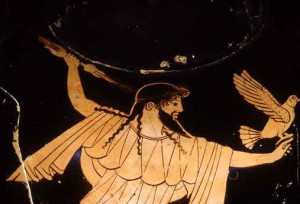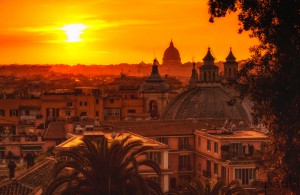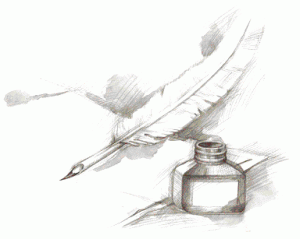 To Henry Ward Abbot
To Henry Ward Abbot
Berlin. Feb. 17th 1887
The psychology of your dogmatic pessimism … that says we ought not to live, is not hard to explain. Given a man full of naïve desires; let him be so favorably situated that his naive desires are for the most part satisfied, and he begins a search for refined and unmixed pleasures. He thereupon becomes blasé, and sings with Solomon, when not overpowered by the demands of his eight or nine hundred concubines, that all is vanity. If, unlike Solomon, he is not also a wise man, he will reason with himself thus. “I wanted pleasures, continuous and unmixed—that is the only object I had in life, ergo, the only object which anyone not a damned fool can have. This object is unattainable. There is then no object to make life worth living: ergo, no one ought to live.” This last of course is on the supposition that we oughtn’t to do what isn’t worth doing—an undeniable maxim when it is question of a means to an end, but an impossible one when it is question of ultimate ends. For if our ultimate end must be worth choosing, we must have a further standard by which we can measure its worth, that is, it must not be ultimate. Ultimate objects are facts needing no justification: if you try to justify them you are in the position of the Indian who made the earth rest on the elephant, or of the European who made it hang on God. The latter had the disadvantage, by the way, of not knowing about the tortoise. The confusion in all these cases arises from the attempt to apply to the whole what by its nature applies only to the part—rationality, worth, damned foolishness, weight, and causality, being all relations between parts, which the whole cannot have simply because it is not a part of something bigger, nor an object, a means to any ulterior object.
From The Letters of George Santayana: Book One, [1868]-1909. Cambridge, MA: The MIT Press, 2001.
Location of manuscript: Butler Library, Columbia University, New York NY
 To Charles Augustus Strong
To Charles Augustus Strong



